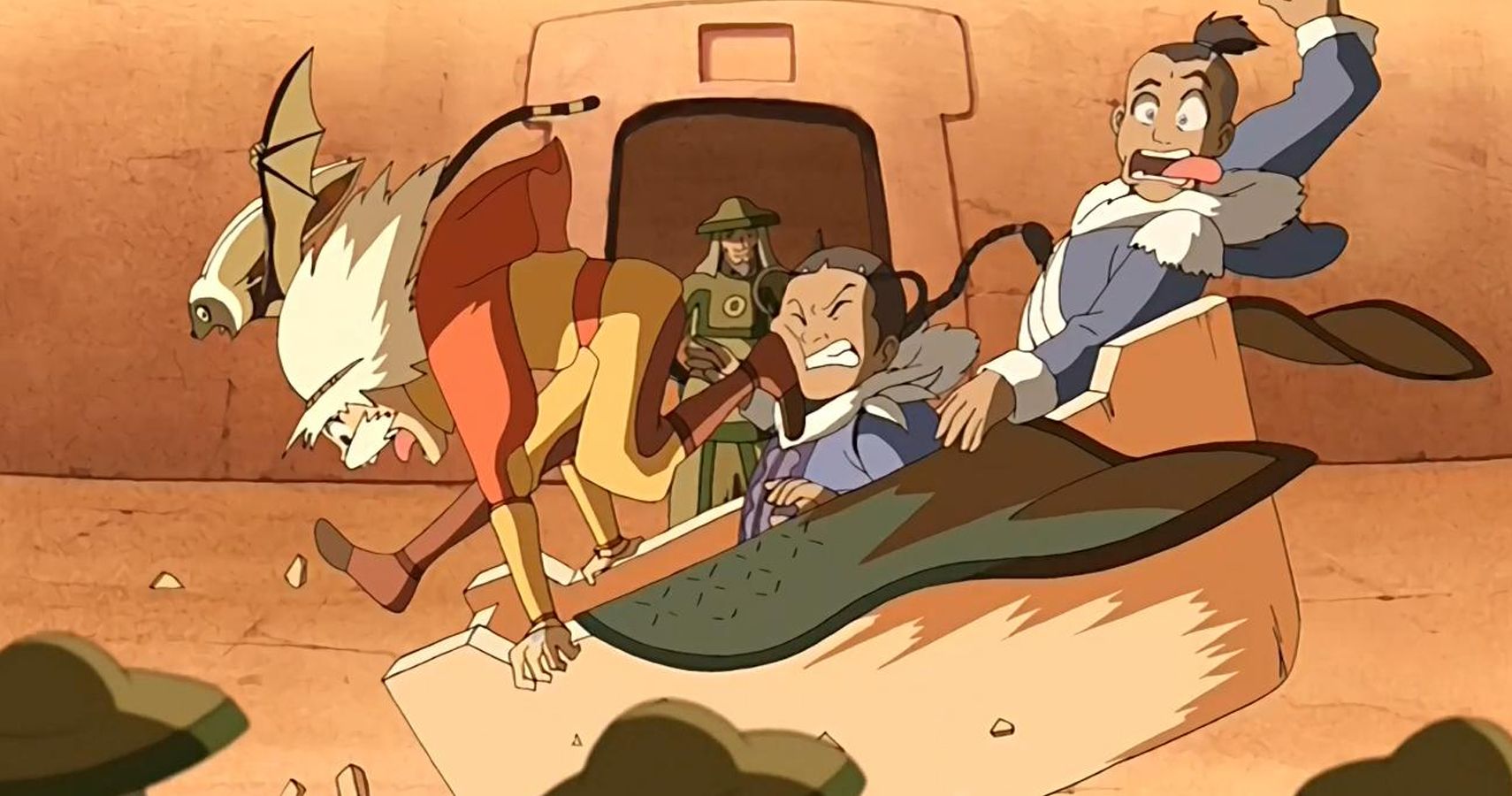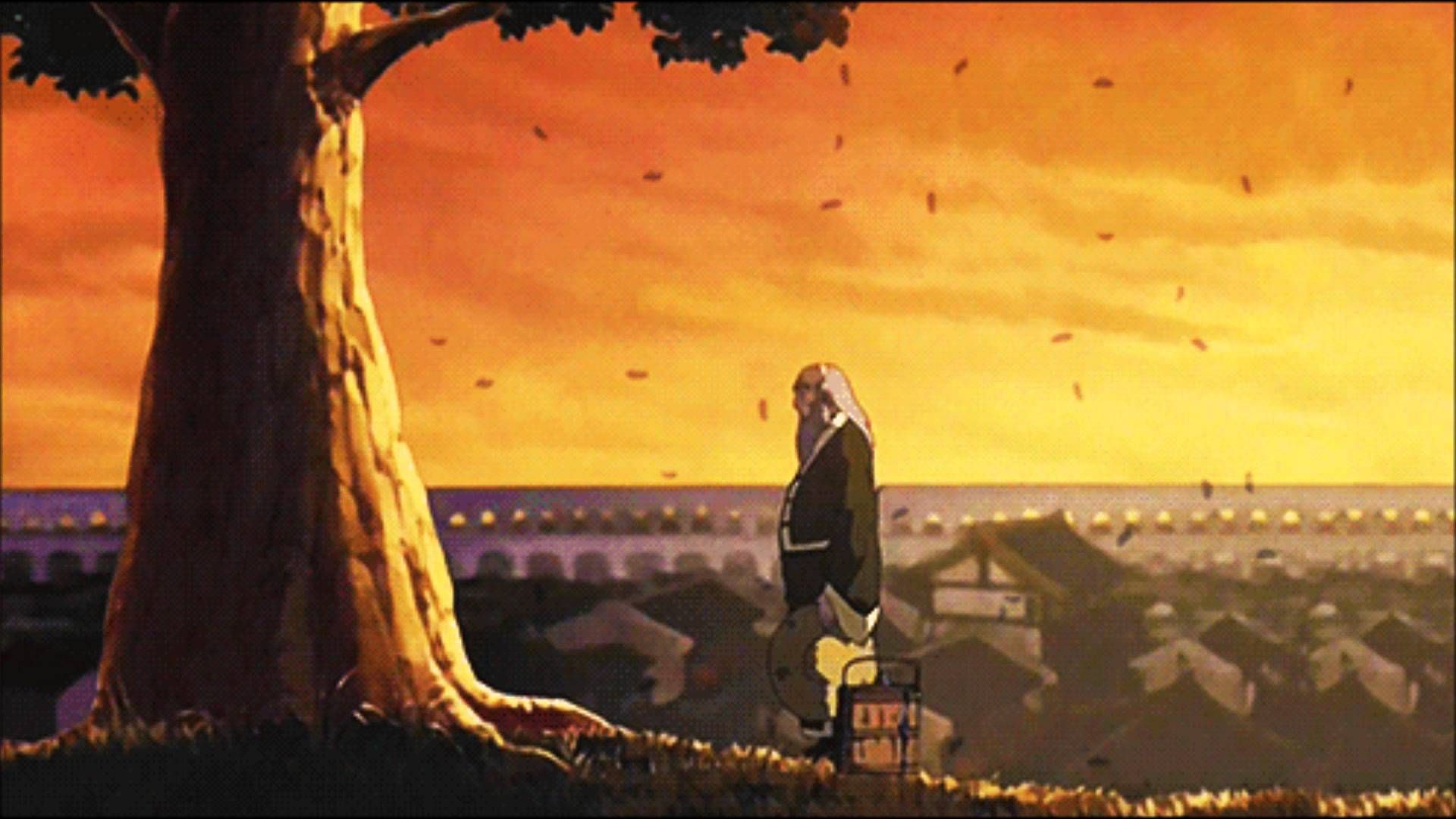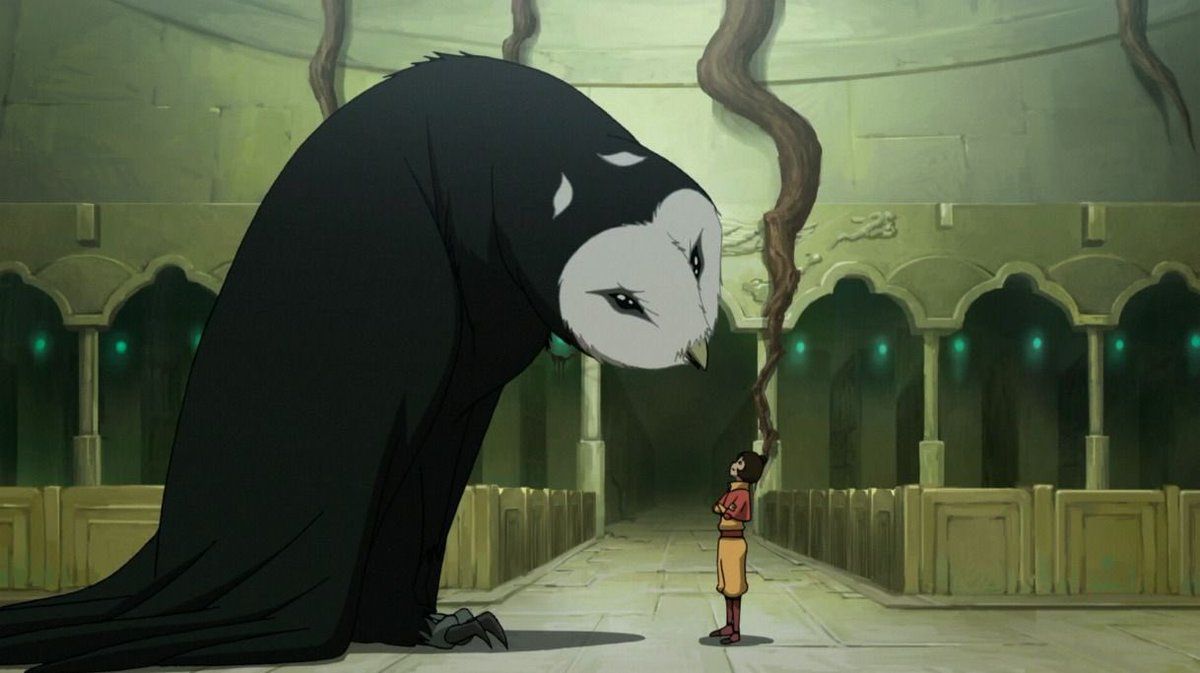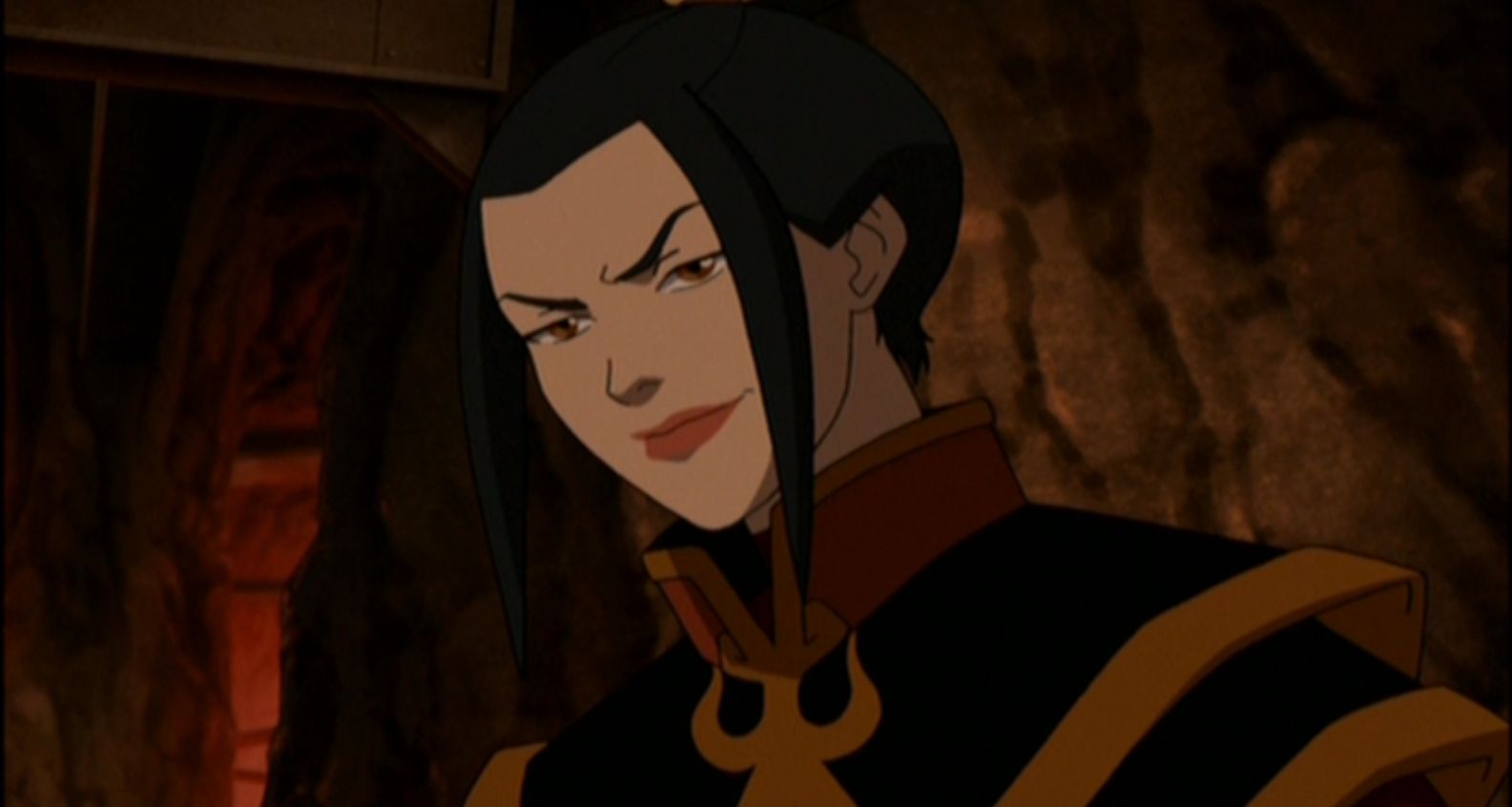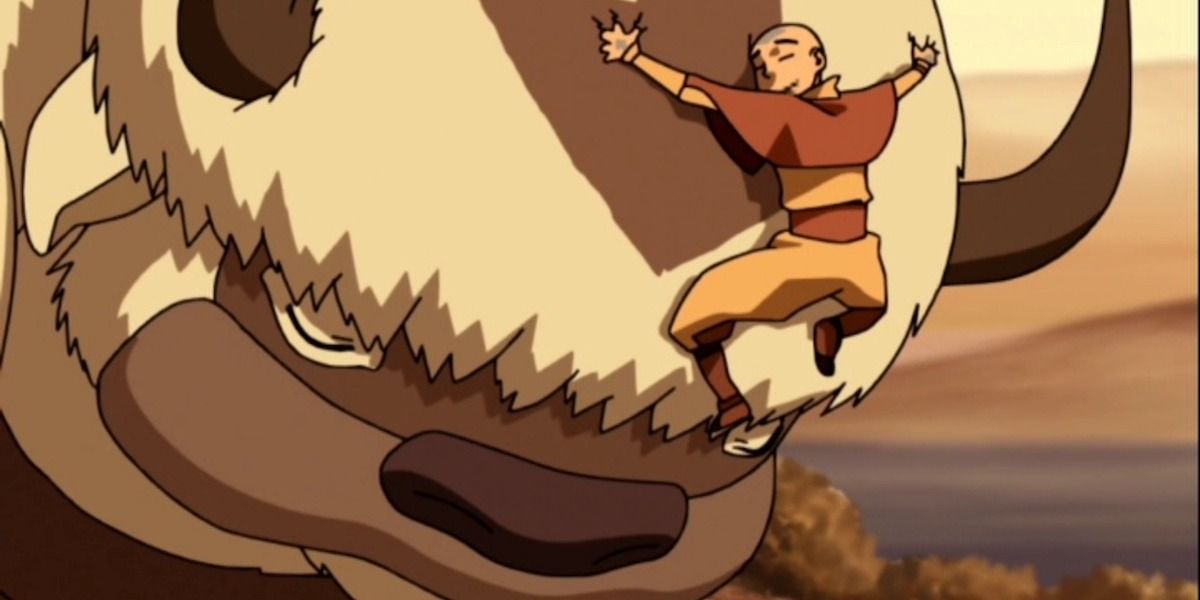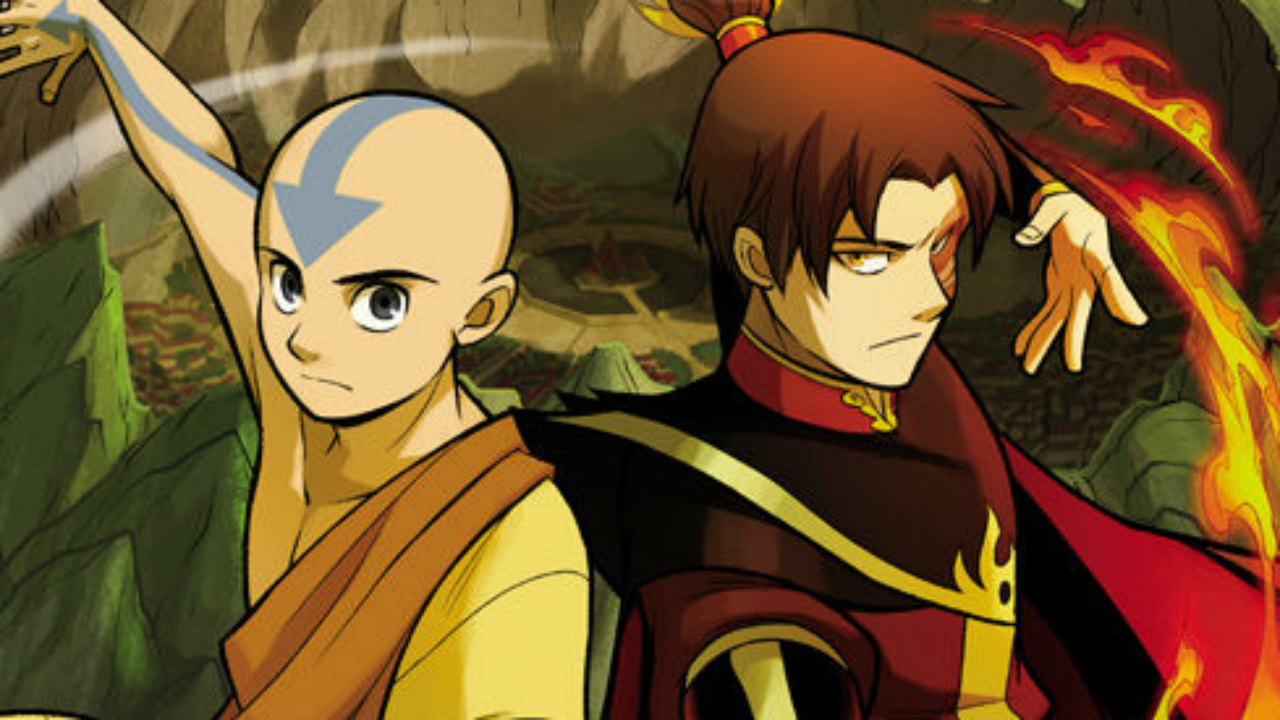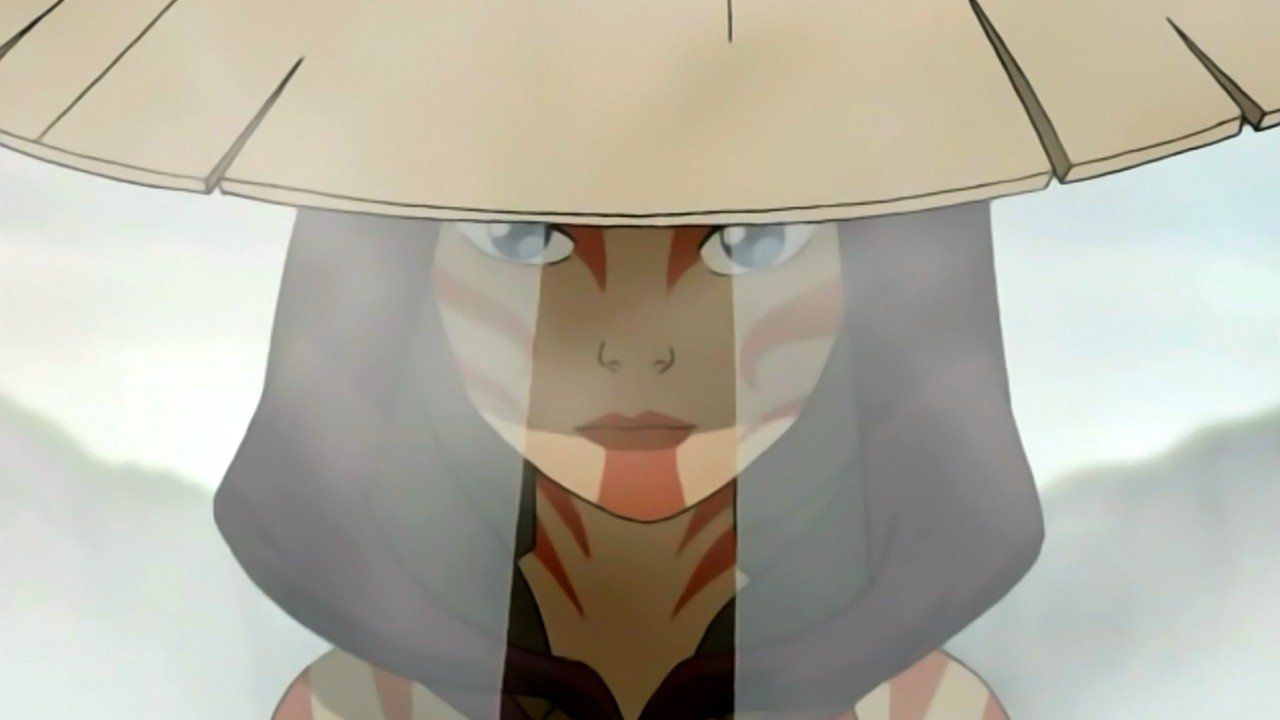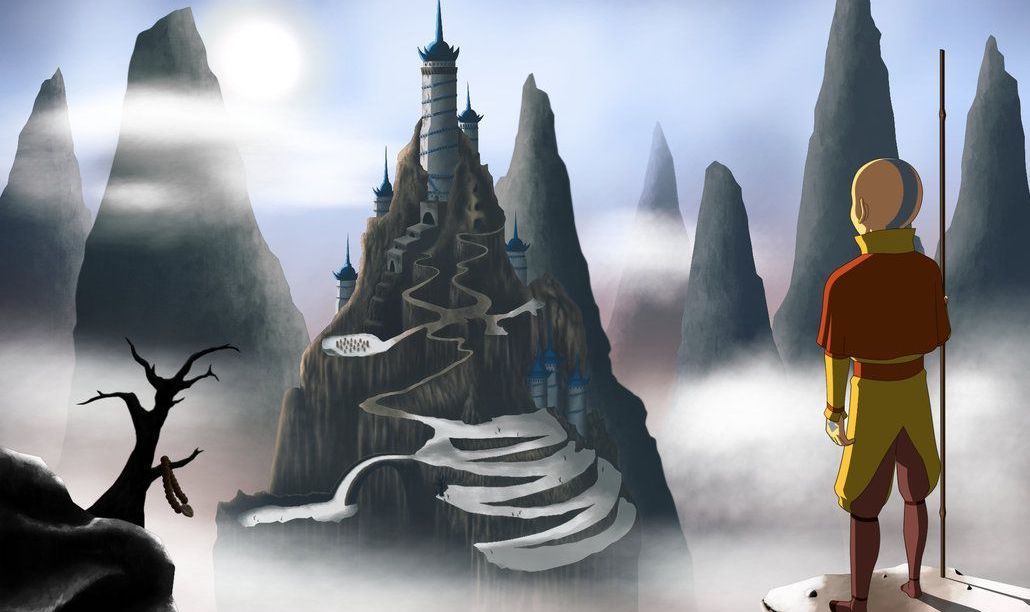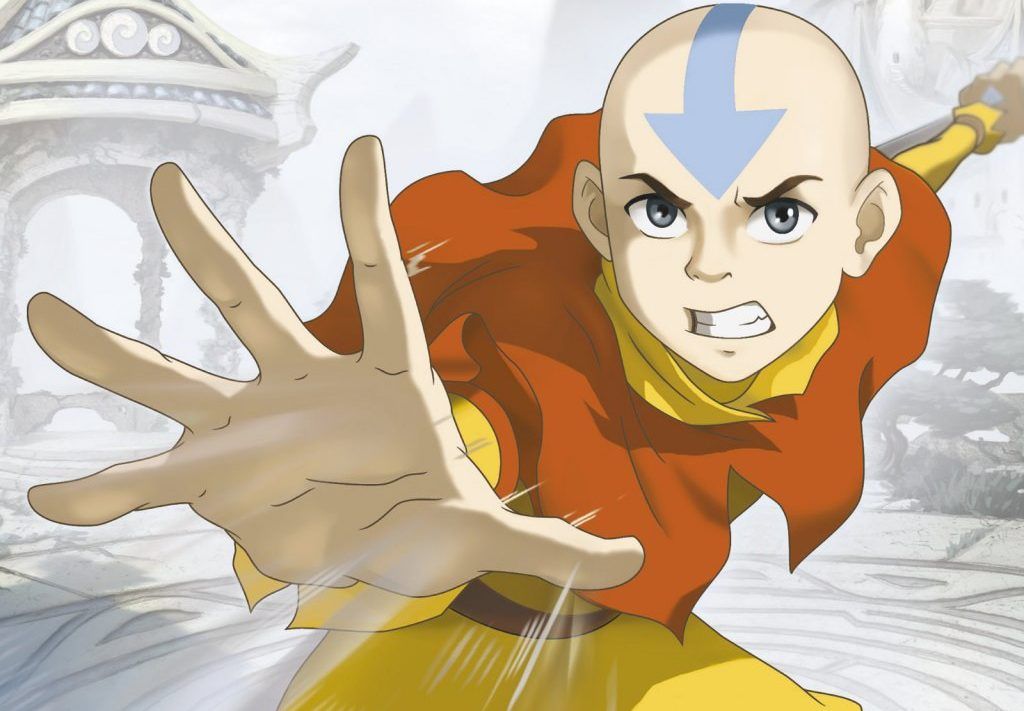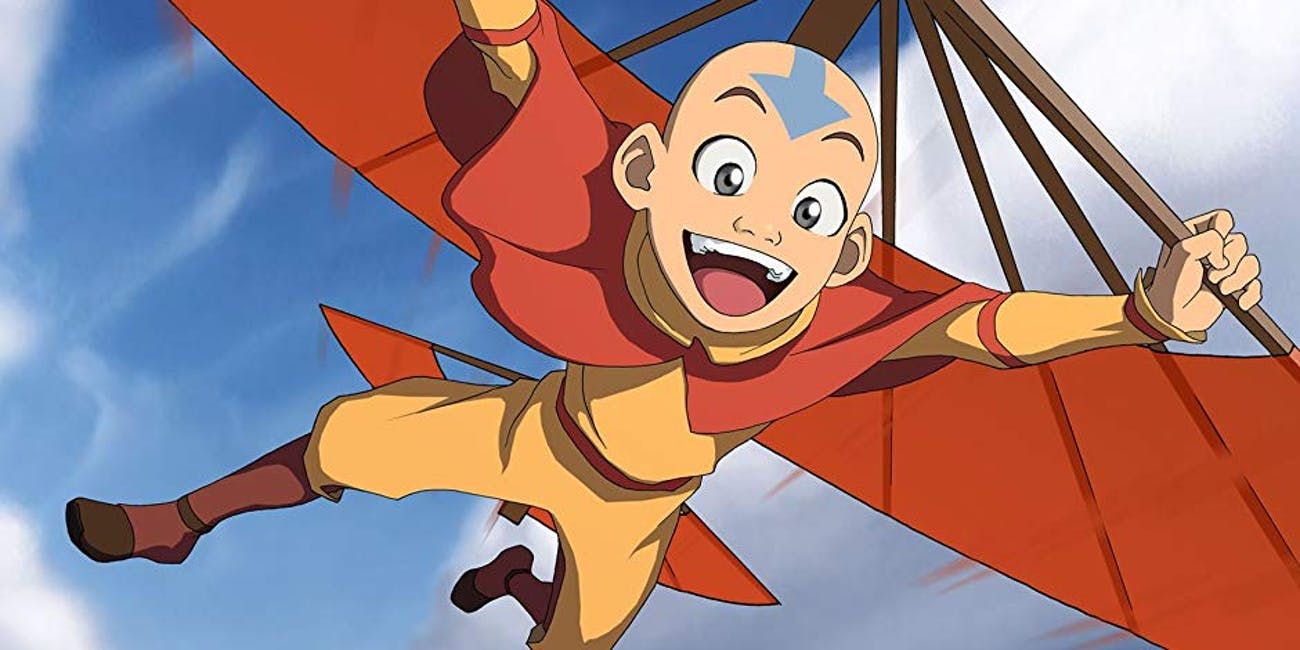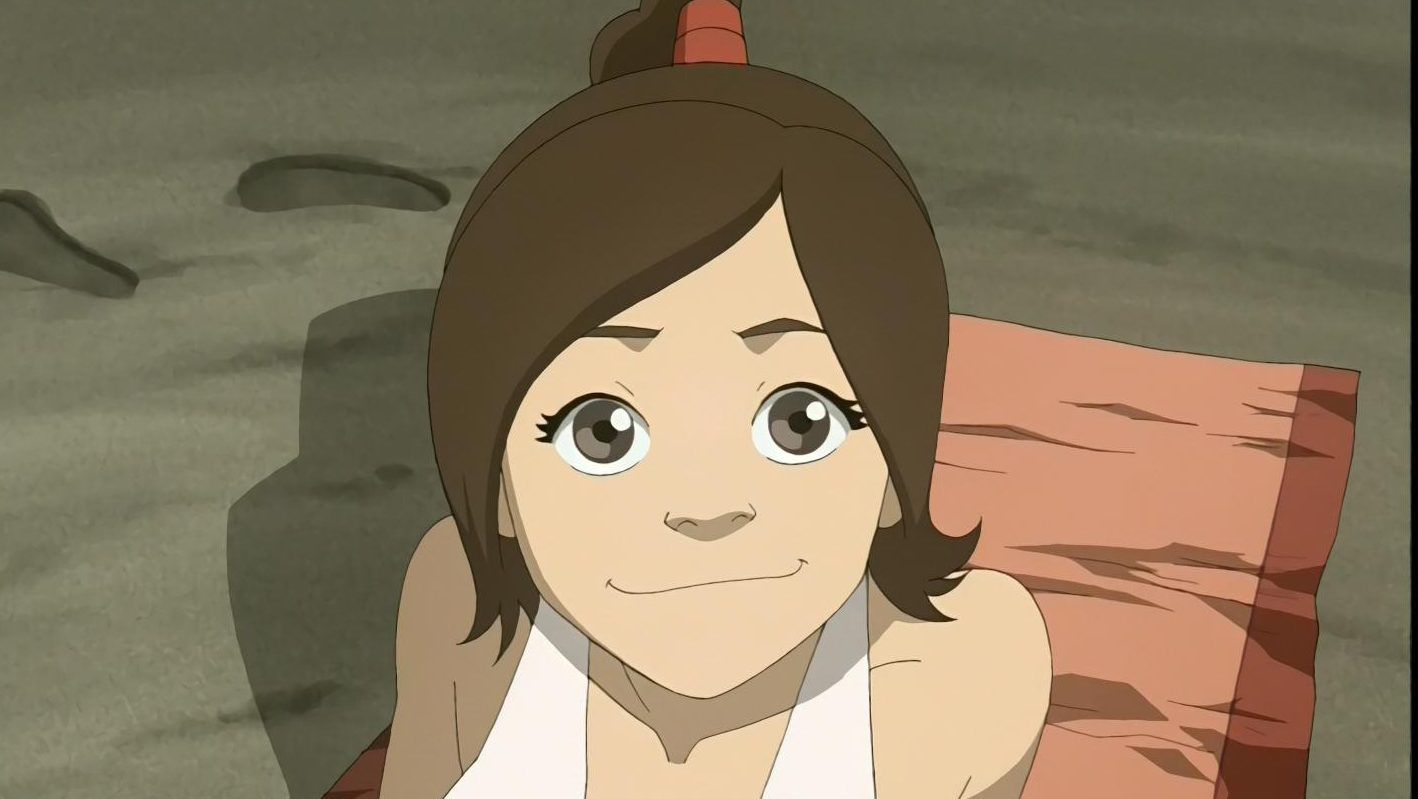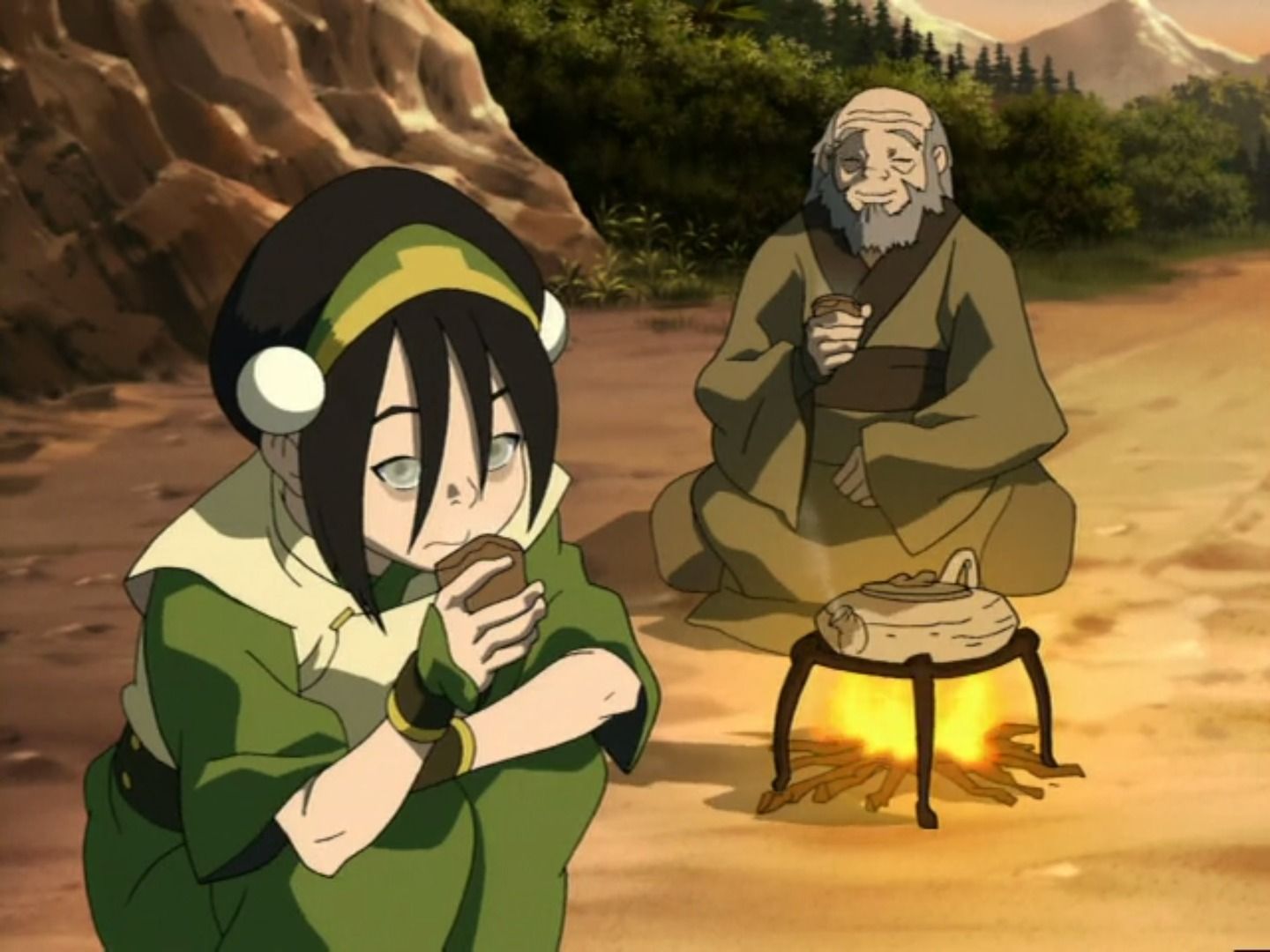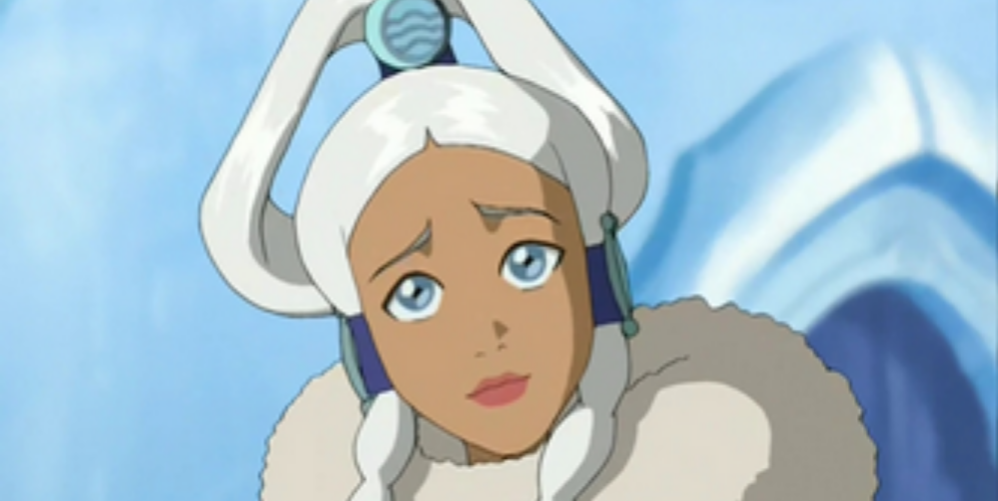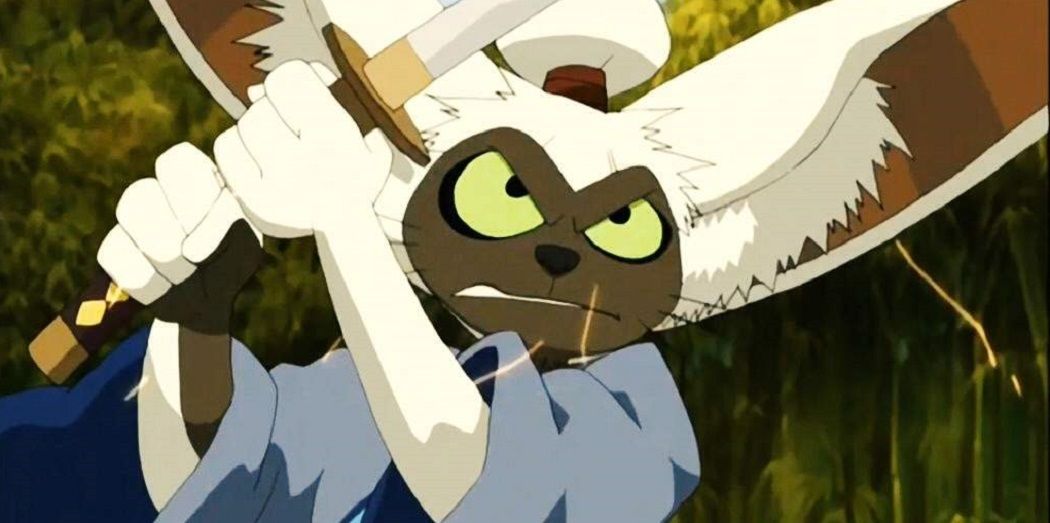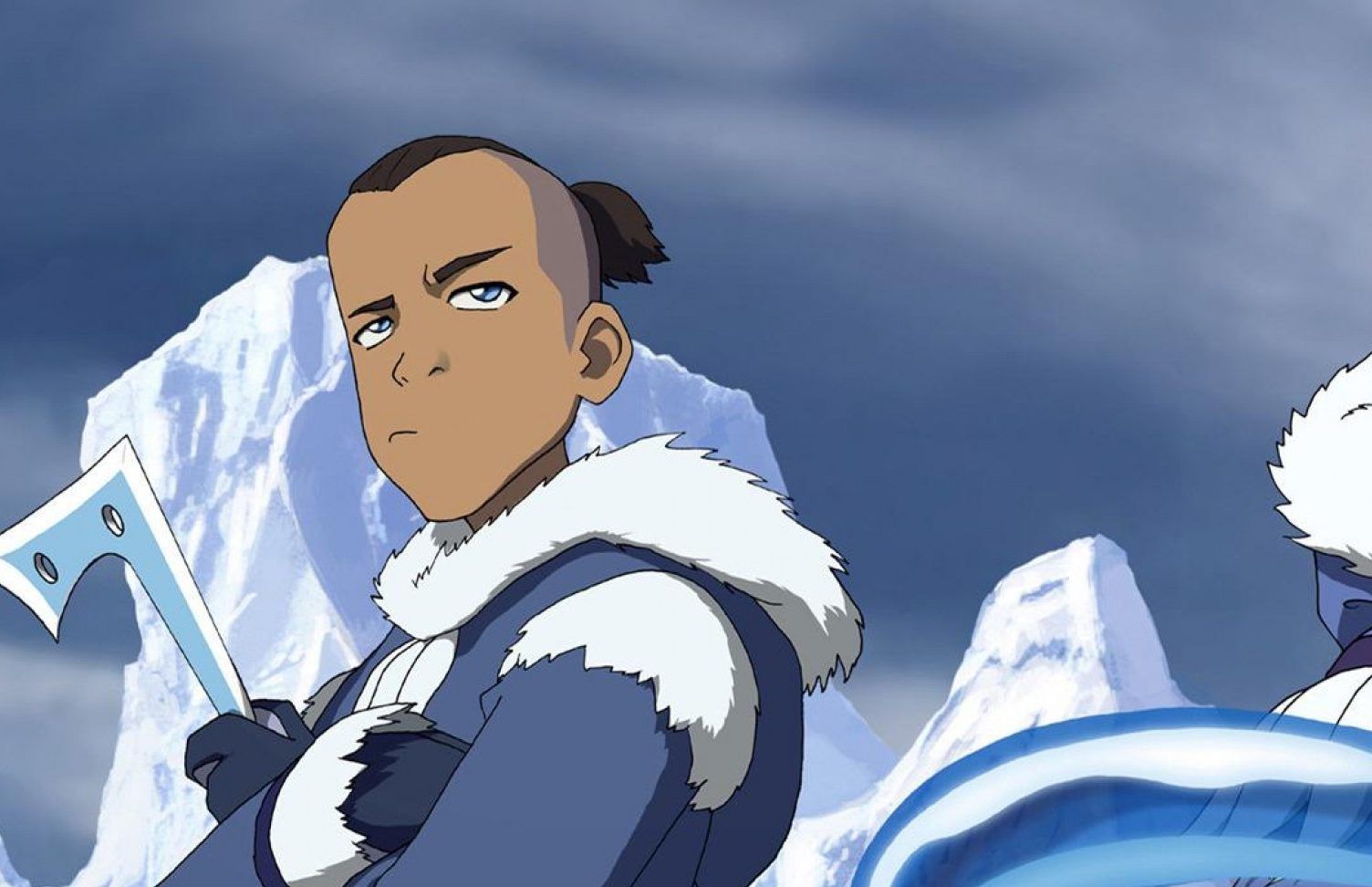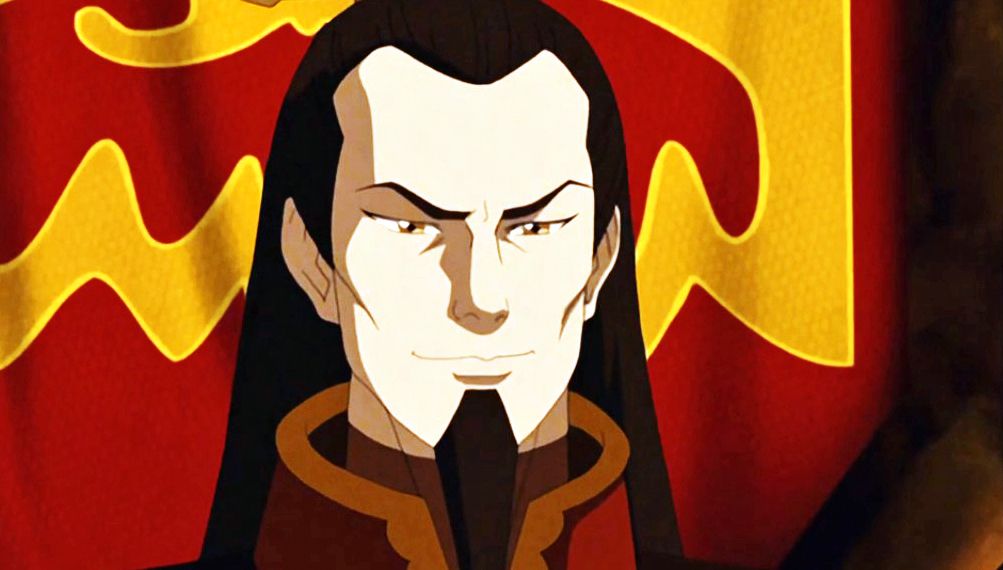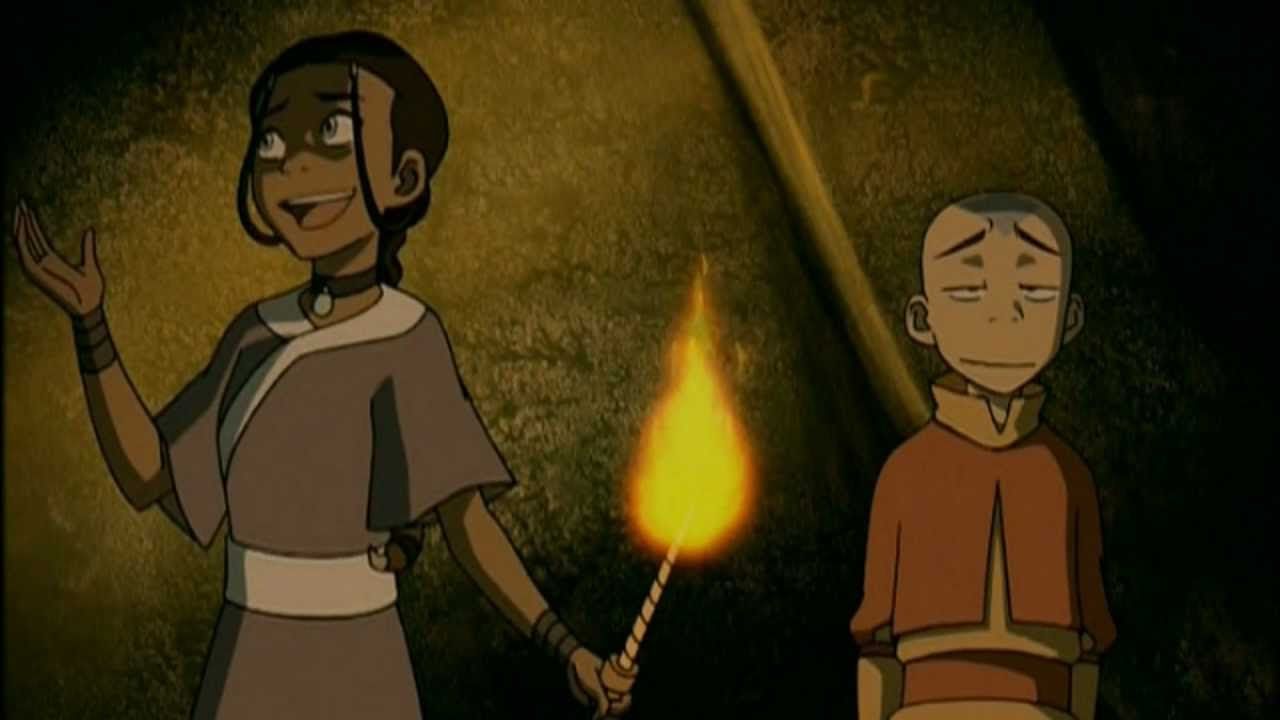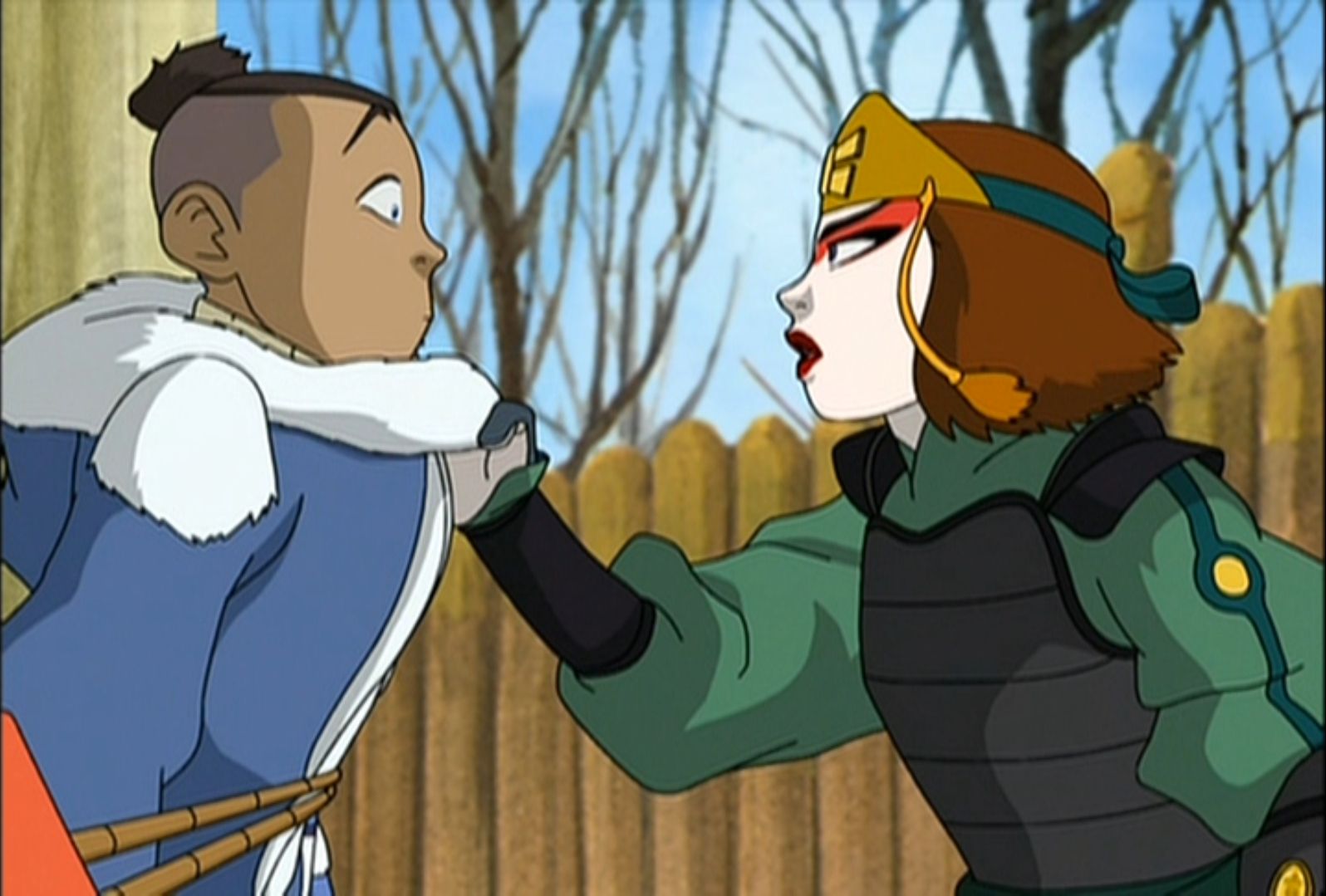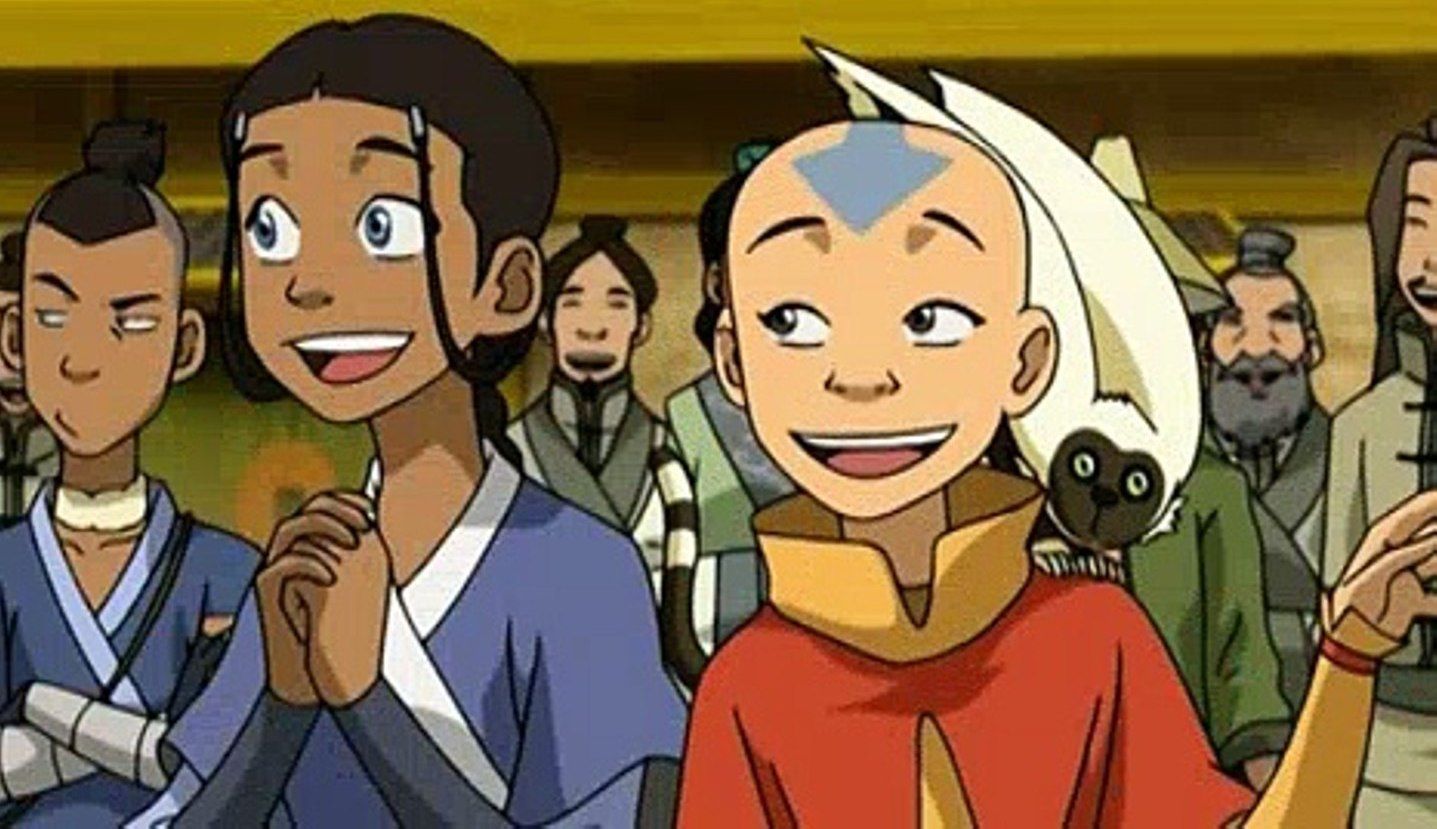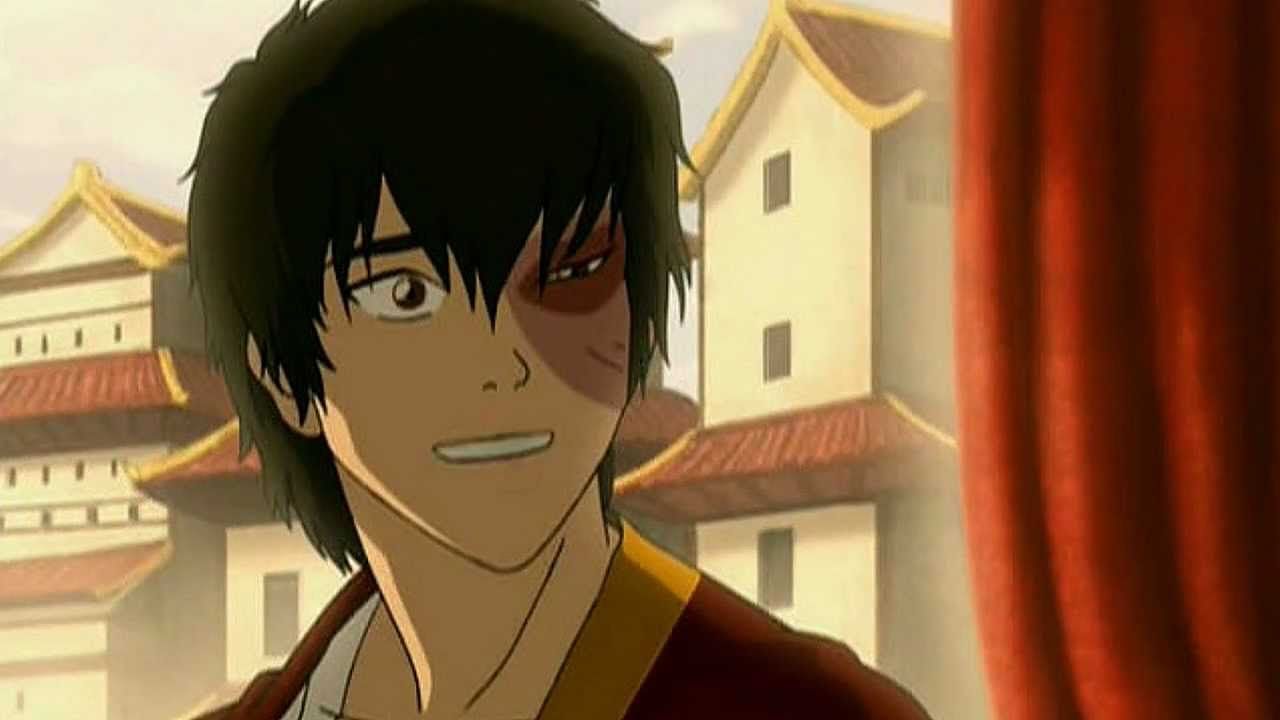It’s easy to agree that Avatar: The Last Airbender was an endlessly innovative and entertaining show. It successfully blended comedy, fantasy, and drama through top-notch storytelling into an easily digestible package that worked equally well for all age groups. Just when Avatar seemed in danger of becoming too frivolous, we’d be hit with a touching moment that nearly drove us to tears. And when the adventures became extra tense, moments of zany fun or intelligent humor were sure to be waiting around the corner. Basically, it’s one of the most well-rounded and universally appealing series out there.
But, just as Aang had a few off-days along his intense road to ultimate power, so Avatar: The Last Airbender contained a few elements that fans might prefer to forget. Some of the storylines seem less organic than others, a few episodes feel as forced as a writer straining to reach a word count, and occasional actions by the characters come across as tacked-on filler material. These quibbles are an incredibly minor portion of the totality of the beloved series, but they’re still worth considering - if only because they’ll make us love the best parts even more.
We’ll also dwell on the most awesome parts of Avatar along the way, reminding ourselves of everything that the show did so right. It’s important to remember the personal growth of our favorite characters, and to recall the very best plot points which intersected with each other so effortlessly.
So brew a cup of green tea and meditate on Avatar: 10 Storylines That Hurt The Show, And 10 That Saved It.
Hurt: Jet's entire storyline
This is one character that would have saved himself some embarrassment by buying the first available ticket and leaving on a jet plane. Little about Jet's brash personality endears him to viewers, and while his rogue style no doubt seemed ultra-cool in his own eyes, outside opinions aren't as kind.
The day of the bad boy who does mean things to evil people without any concern for the innocent bystanders who might be harmed has long since passed, so Jet comes along a few generations too late. When he does change his direction toward the side of good, his redemption feels forced and, frankly, kind of boring. While unlikeable characters have their place, this one was forgettable.
Saved: Uncle Iroh's relationship with Zuko
Uncle Iroh was always the benevolent shining light among the vicious flames of the sinister Fire Nation, and he's a role model for the ages. Positive in the presence of trouble, hopeful in the face of despair, and jovial in the midst of tragedy, Iroh is a man who has found his center and lives there.
He also seems like literally the perfect and only person who was capable of guiding the fiery, headstrong Zuko through his tumultuous youth and toward a brighter future. Someone with an ounce less patience or a shade less wisdom would have given up on Zuko long ago and found an easier student to mentor. But Iroh saw something in the conflicted young man worth molding, and their relationship is one of the most complete triumphs of Avatar.
Hurt: Stealing Wan Shi Tong's scroll from the Spirit Library
Alas, we come now to perhaps the darkest chapter in Avatar history, and one that makes us blush with shame for those involved. Despite the dire warnings dispensed by Wan Shi Tong, the gang persisted in their intentions to steal the scroll from his Spirit Library. They weren't about to let their complicated journey into the desert go to waste.
While they succeeded in their mission, dire consequences did indeed follow for removing such precious knowledge from its storehouse. Unfortunately, this action, and especially the way they went about it, feels like the work of immature kids. Perhaps it had to be done somehow, and was, therefore, a necessary evil of some kind, but they could have handled this episode a lot better.
Saved: The Fall of Ba Sing Se
The whole storyline centering around Ba Sing Se is just a great example of quality storytelling, both as a stand-alone plot and as a piece of the broader story. From the beginning, something was off, and we felt as confused as Aang and his friends were at the mysterious events unfolding around them. But as things progressed, the details merged into an awesomely cohesive narrative.
Once we found out that Zuko and Iroh were in town, things promised to get interesting, and sure enough, Azula also turned up to crank up the heat. Their underground fight was one of the best ever, and for a few minutes it seemed like Zuko might right the corner and join the side of good. Though that wasn't in the cards to happen yet, the hope of it occurring later kept us even more invested in the story.
Hurt: Aang turning on his friends when Appa gets stolen
Aang and Appa had been through a lot together over the years, and formed a unique bond in the process. In fact, their relationship had that special family-like quality that might easily produce real physical or psychological pain should it ever be severed. But, when such separation did occur, the way Aang handled it feels slightly unbecoming of the maturity one would hope to associate with the Avatar himself.
We can totally understand the pain that Aang must have been experiencing, but the way he turned his back on his friends was sad, and this grief could potentially have been directed into other channels. Thankfully, all of the friends were reunited in body and spirit before long, but it seems a shame that the rift ever occurred.
Saved: The foreshadowing when Aang and the Blue Spirit work together
Foreshadowing is an element found frequently in some of the most sophisticated films and literary works of all times, and Avatar distinguishes itself as among the best by using it here. While Aang's cooperation with the mysterious person behind the Blue Spirit mask was cool on its own merits, knowing how the rest of the series plays out makes their collaboration even more epic and special.
The possibility that Aang and Zuko might ever join forces may have seemed ludicrous at such an early stage, but savvy viewers might have picked up on this little wink at the audience in the form of foreshadowing. For those of you who weren't quite so perceptive early on, this dynamic duo is a pleasure to watch working together in retrospect.
Hurt: The Painted Lady episode
So this is a cool episode in a lot of ways, and it's pretty entertaining on its own. But the fact is that it doesn't do a whole lot to further the cause of the overall narrative of Avatar, and as a result, it ends up feeling a lot like filler material. Any time that an individual episode isn't a team player by advancing the main plot points, it will run the risk of getting negative attention no matter how fun it may be.
Unfortunately, this is also a time when the less noble instincts of team Avatar come to the forefront, as Katara seems to be the only one interested in staying to help the people for most of the episode. The rest of the gang lets immaturity and selfishness tarnish their usually brilliant attitudes, and so they might have been better off without this episode drawing attention to that.
Saved: Aang learning to accept the Air Temple in its current state
Aang's memories of the Air Temple as he knew it before he entered his own personal ice age must have been precious to him. So when he returned to find it changed, and the Air Nomads all gone, the shock must have landed quite an emotional blow. But as much as Aang must have been tempted to preserve every aspect of the Temple just as he remembered it, he gets major kudos for evolving with the times and learning to accept it in its current state.
Though the destruction of part of the Air Temple no doubt ruined its nostalgia, Aang eventually grew to appreciate the folks who had settled into the area, and was even glad they had colonized it. This was a generous and mature viewpoint for the Avatar to adopt.
Hurt: Aang goes to the North to learn waterbending, but leaves without mastering it
There's no doubt that water would be a tough element to master for anyone. Part of what makes water so cool is that it's always on the move, shaping itself to meet whatever challenges lie in its path, or whatever container tries to hold it. So learning to make water bend to your own will seems extra tough. But when Aang went to the North to learn waterbending, we're left with a lot of doubt about what actually happened.
Maybe he received lots of training off-screen, but the lessons that we're shown are hardly enough to grant him the status of waterbending master. One has to assume either that the rest of the teaching was implied, or that Aang just learned mostly from Katara, because we don't have much to go on otherwise.
Saved: Aang's lesson from the Lion Turtle
Though the heartbeats of his friends may have skipped a beat when Aang disappeared, the lesson he was about to learn made it more than worth the stress. According to Aang's philosophy, taking the life of anyone was out of the question, and he was determined to stick by these ideals.
This, of course, meant that he couldn't even have a go at the despised Fire Lord, and would have to find another way to stop him. But late in the series, Aang was beginning to waver in this belief, and seemed to be yielding to the thought that there was no other way to stop the villain. But the trance he experienced with the Lion Turtle renewed his faith in his peaceful beliefs, and Aang walked away more determined than ever to stop the Fire Lord with as little violence as possible.
Hurt: The Beach episode
So, its time to talk about The Beach episode, where the epic and mature Avatar characters intent on saving the world are given plenty of space to act like immature teenagers. Kids will be kids, we have no doubt, but the show took such care to set up these particular youngsters are being more focused on important matters that this particular aside just feels out of place.
The swing in behavior is so drastic that it doesn't fit into the flow of the whole series, but rather sticks out like a sore thumb. Perhaps with a different build up from prior episodes this one would have seemed less like a petty soap opera, but unfortunately, it's one of the weaker storylines as it stands.
Saved: Everything about Toph
Television history is full of new characters that got forcibly wedged into shows to bring them fresh life or boost ratings. And, television graveyards are packed with the remains of poorly drawn characters who lasted for only a few weak episodes. But when Toph Beifong entered the Avatar universe, a true star had been born. We love everything about Toph, from her mad skills to her awesome attitude. Besides her incredible earthbending abilities, she singlehandedly discovered metalbending and used it to perfection.
And her keen ability to sense vibrations in the ground added a whole new weapon to the group's arsenal. Toph's feisty and relentlessly positive attitude is also incredible, and her approach to life and personal challenges bring a unique dimension to the show which we can't imagine doing without.
Hurt: Sokka's relationship with Yue
Not every love story can be perfect, but Sokka and Yue's semi-relationship had a lot of problems right from the beginning. For starters, they barely knew each other; Sokka thought she was pretty, and just started pursuing her, which sets the whole thing up as somewhat superficial. Yue was a really cool person, so Sokka would probably have been just as interested after learning more about her, and this would have started them off on a better note.
But even stranger, let's not forget that Yue was engaged to another guy when she met Sokka. Even though it was an pre-arranged type of engagement, the reality of it gives Yue and Sokka's flirtations a weird vibe. One or both of them could have acted differently with this knowledge and perhaps have avoided torturing themselves by wanting the impossible.
Saved: Momo as comic relief
When it comes to tension, Avatar supplied one of the most intense stories we can imagine. Placing the weight of saving the world on the shoulders of a kid who's been trapped in ice for years is a big deal, and Aang had a lot to learn before he could even fully start his mission.
Thankfully, we and they had a delightful distraction from the stress in the form of the beloved winged lemur named Momo. Momo turned out to be the perfect companion to the group - endlessly faithful and reliably fun. For those of us watching at home, the little lemur kept us laughing and gave us an adorable creature that we could only dream actually existed. Momo may not have been much of a fighter, but we can't imagine Avatar without the companionship of this loyal sidekick.
Hurt: Sokka's Master episode
It was inevitable that Sokka would have to undergo some serious training in some capacity along the way. As much as we love his character, he didn't come equipped with any amazing skills from the beginning. So it was definitely for everyone's good that he took up sword fighting; it seemed to contribute to his overall maturity, and also came in handy in a few fights.
But the way in which he received his training left us scratching our heads a bit. Overall, the details of this storyline weaken the narrative because his sword fighting is built up to be this amazing talent which could change the arc of their journey. But in fact he seems to master the skill way too quickly to feel realistic; this part of the story needed to be expanded in more detail to make it authentic and meaningful.
Saved: Aang's self-control when fighting against Ozai
Aang's conflict with Ozai was the climactic focus of the whole Avatar series, and as such, it gave us a lot of cool perspectives of different characters. It was such an effective storyline in part because it exposed the natures of the two people at the center of the story in an authentic way. For Aang especially, fighting Ozai tested his maturity and development in the toughest possible way.
The temptation to hate Ozai for all the evil he had done must have been unbearable, and it would have been easy for Aang to stoop to wanting to take the Fire Lord's life. But Aang displayed the spiritual and emotional balance he had achieved by always keeping his priorities in order, and letting his self-control direct his actions. Even when he had the chance, Aang only hurt Ozai to the extent that he had to in order to prevent further harm to others.
Hurt: The Cave of Two Lovers episode
Aang and Katara feels like a successful pairing, and fans love their relationship for good reason. But we can still appreciate the romance they eventually found while pointing out that this episode doesn't quite work within the overall chronology of the series.
Looking back from the end of Avatar, perhaps this one fares a little better, but at the time it was too early to make much sense within the broader context of current events. It ends up feeling a bit awkward and out of place instead, even though it was hinting at greater things. It puts a little too much pressure on the youngsters before they're ready to take that next step, and too much happens before they really embrace their feelings for each other to make this part of the storyline an organic one.
Saved: Sokka's development toward maturity
Sokka's storyline turned out to be one of the more complex ones, and his journey toward personal maturity was a bit stressful for us and for him. At the beginning of the series, he was definitely on the immature, frivolous side of the personality spectrum, and it was easy to wonder how much good he was actually going to do the group.
But Sokka's journey from annoying comedic relief to well-rounded hero was one of Avatar's narrative masterstrokes, and it's a journey that still merits our applause today. Like for most people, experience taught him the gravity of life and the importance of responsibility, and thankfully Sokka stepped up to the challenge to become one of our favorite characters.
Hurt: Aang giving up love to access the Avatar state
Avatar contained a lot of philosophical concepts, and many of them centered around the ideals of unselfishness and sacrifice for the greater good. So perhaps it's inevitable that Aang would have to make some incredible sacrifices along the way to mastering the Avatar state.
But being told that he would have to give up personal love and earthly attachments in order to fully exercise his new role feels like a harsh task for a kid, especially when his relationship with Katara was just starting to sprout wings. And besides, it seems like he ended up being able to have both anyway; so this little narrative twist is mostly just confusing, and feels like an idea that was never fully followed through to its logical conclusion.
Saved: Zuko's redemption
Zuko's story arc is definitely one of the most consistently authentic and engaging ones in the entirety of Avatar: The Last Airbender. His personal moral evolution to the side of good was a radical one that managed to never feel contrived or forced. The symbolism of his journey was rich, and his backstory hit all the right notes in support of the progression that he would make over the seasons.
Even when he was portrayed as a villain, it was done in such a way that we never fully despised the guy, but rather understood how his life circumstances had led him to make the choices he was making. We were rooting for him to be a better person all along, and with the help of the wise Iroh, Zuko finally filled the giant shoes of his potential and became a hero for the ages.
---
What do you think of these storylines from Avatar: The Last Airbender? Let us know in the comments!

